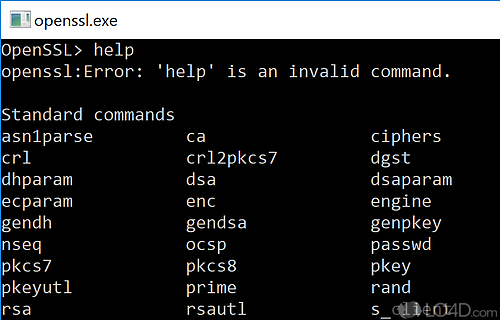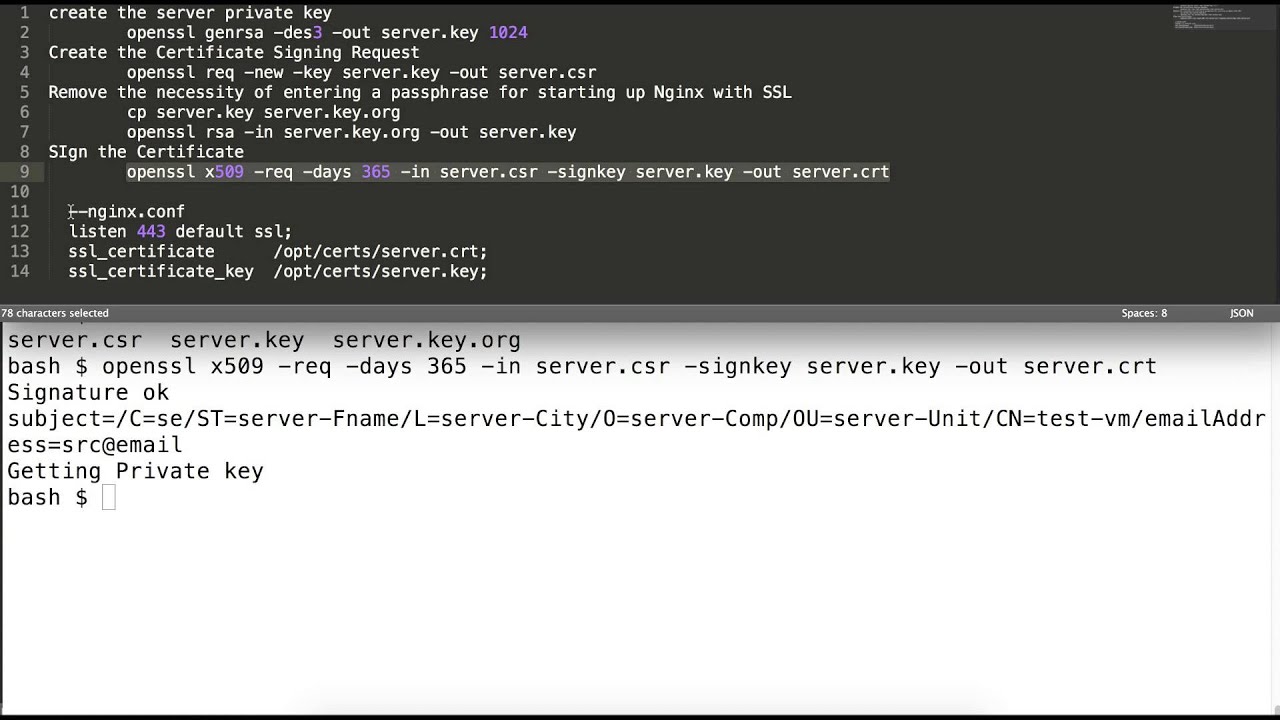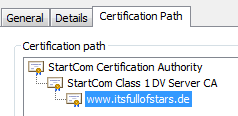

The license key itself only contains the index of the R value (needing only 20 bits) and the complete S value (160 bits).Īnd if you're getting close to selling a million copies of the app - a nice problem to have - just create a new version with a new R table. The OpenBSD project forked LibreSSL from OpenSSL 1.0. The implementation is named after Secure Sockets Layer (SSL), the deprecated predecessor of TLS, for which support was removed in release 2.3.0. Now when you create a license key, you pick the next un-used R value, and generate the S value. LibreSSL is an open-source implementation of the Transport Layer Security (TLS) protocol. The license of OpenSSL is a conjunction of two licenses.
#Openssl license software#
So this means that you could precalculate a whole table of R values - say 1 million of them (taking up 20MB) - and distribute these as part of the application. This page is maintained by the Free Software Foundations Licensing and Compliance Lab. However, the R values can all be pre-computed by the signer (you) - the only requirement is that you never re-use them. DSA signatures are made up of two numbers, R and S, each the size of Q. Not quite the 16 that you wanted, but still within the bounds of being user-enterable.Īctually, it occurs to me that you could halve the number of bits required in the license key. If you have questions regarding OpenSSL, wish to report bugs, or require implementation guidance please consider joining the OpenSSL Community. Product use, redistribution, and warranty are governed by the OpenSSL License. the Web Cryptography API then the keys will be generated on the server using the latest version of OpenSSL and outputted over SSL and never stored.

Seing that BoringSSL is a direct fork of OpenSSL, how. Our OpenSSL Binary Distribution is free to use and redistribute.

If you can switch to a base-64 representation (which only requires upper-and-lower case alphanumerics, the digits and two other symbols) then you will need 53 symbols, which you could do with 11 groups of 5. Since 2015 we are told that OpenSSL may switch its license to Apache 2.0. DSA signatures are the twice the size of the Q parameter if you use the OpenSSL defaults, Q is 160 bits, so your signatures fit into 320 bits. both the conditions of the OpenSSL License and the original SSLeay license apply to the toolkit. DSA signatures are signficantly shorter than RSA ones. The OpenSSL toolkit stays under a double license, i.e.


 0 kommentar(er)
0 kommentar(er)
